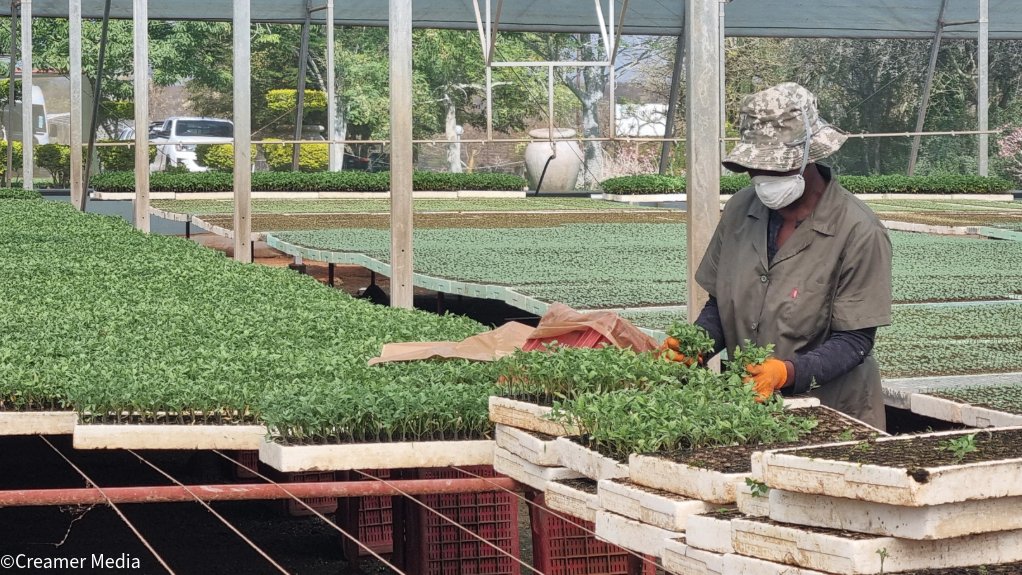There is a need to increase the participation of women in agriculture through initiatives that will unlock opportunities and overcome challenges, speakers highlighted during PepsiCo South Africa’s webinar on women in farming, held on August 22.
PepsiCo South Africa Agronomy director Anthony Viljoen highlighted that global data has shown that, if agriculture was women-led, there would be a 20% to 30% uplift in productivity.
Locally, he said, PepsiCo was seeking to build relationships with agriculture stakeholders into partnerships, helping them to improve productivity and resilience.
Kgodiso Development Fund Agribusiness head Tshegofatso Selepe outlined that the fund, which was founded by PepsiCo, was an enabler and assisted black emerging farmers with funding, as well as pre- and post-investment support.
Selepe pointed out that this was necessary to ensure farms become commercially viable post-funding and are able to access funding through normal means at a later stage.
The fund has been capacitated with R600-million, of which R200-million is for education and R400-million is for black enterprises. Of the latter, R300-million is directed at the agriculture sector, she explained.
Gauteng Agriculture and Rural Development MEC Vuyiswa Ramokgopa pointed out that over half of the labour force in the agricultural sector and subsistence farming is women-led, and that the struggle lies in converting this into commercial value, with women not being adequately renumerated for their labour at all points in the value chain.
She also said there were considerable disparities and issues surrounding land ownership.
This is prevalent even in many of the department’s programmes, Ramokgopa pointed out, with these requiring one to own the land, which presents a physical barrier to entry for women.
She called for the distribution of land parcels to be equitable from a gender perspective, to be expedited and for the process to be streamlined and improved.
Ramokgopa also emphasised the importance of strengthening farmers’ ability to operate higher up in the value chain.
She also underlined the need for training, in terms of both agricultural and business skills.
Ramokgopa said the latter would help close the gaps between farmers, and funding institutions and business, and that the department has a role to play in enabling such relationships.
Standard Bank Agribusiness senior manager Keneilwe Nailana-Mabona highlighted that women “are bankable”, with evidence showing that they are very good with credit and are more likely to repay loans.
She called for them to now invest in capital, rather than just using credit for consumption.
She also highlighted the bank’s strategy of having agriculture experts, so that they are able to understand if a client’s request is bankable and properly assist them. It also encourages clients to do their own research and find opportunities to capitalise on in the market.
EMAIL THIS ARTICLE SAVE THIS ARTICLE ARTICLE ENQUIRY
To subscribe email subscriptions@creamermedia.co.za or click here
To advertise email advertising@creamermedia.co.za or click here











